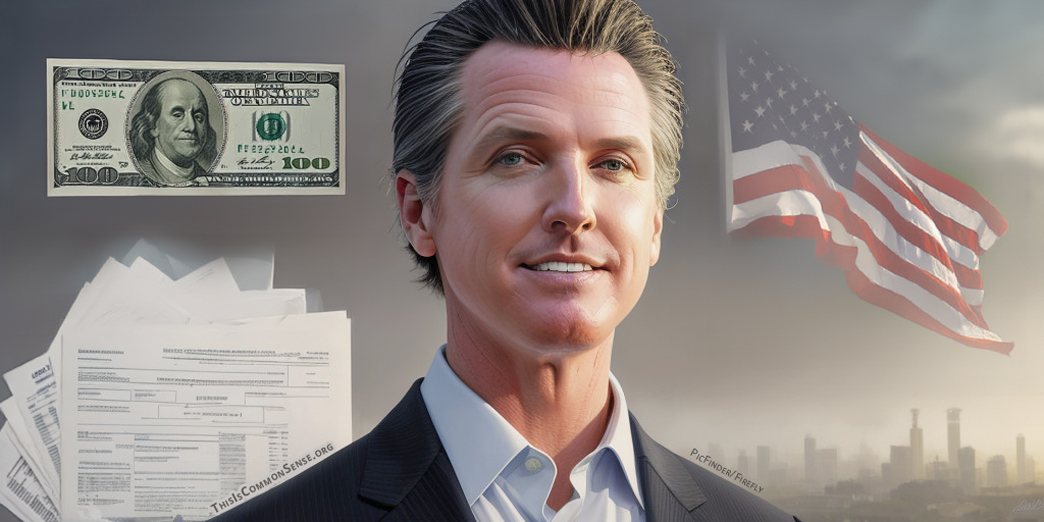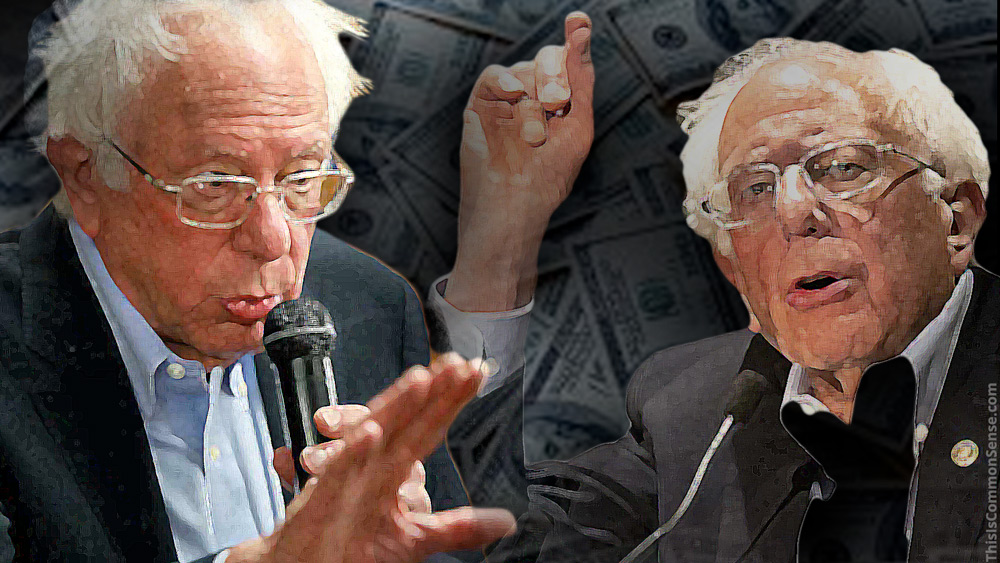Sen. Josh Hawley (R‑Missouri) is oh-so-ultra.
USA Today dubs him a “conservative” in the title of a recent article on a proposed minimum wage hike, and then an “ultraconservative” (emphasis added) in the first word of the article itself.
Why does this “ultraconservative” join a Democratic senator in raising the federal minimum wage to $15? They both seem to assume that minimum wage laws raise wages.
For hundreds of years, economists have argued they don’t. On the face of it, these laws merely prohibit jobs paid below a certain rate. They disemploy.
When the government prohibits low-wage compensation, businesses shift productive processes to keep afloat; when a factor is suddenly made more expensive, they adjust. With more automation, for example.
At least, the USA Today article mentions, briefly, that the Congressional Budget Office forecasts that some individual workers and families would see their livelihoods diminished by the higher minimum — which is the only part of the coverage of the new, more restrictive (higher) minimum wage regulation that gets to the meat of the issue: what minimum wage laws actually do.
A related article back home in the Springfield News Leader (a member of the “USA TODAY NETWORK”) explores the question of Missouri’s minimum wage and what activist economists call the state’s “minimum living wage” — and it is relevant at least to this extent: states have different economic climates, and wage rates differ region to region in the United States, so it’s very relevant to a senator from his state affecting his state’s economy with a regulation applying equally to all states.
Which is to say that the minimum wage issue should be a state issue.
If an issue at all.
“Ultraconservative” Hawley’s bill is ultra-misguided.
This is Common Sense. I’m Paul Jacob.
Illustration created with Krea and Firefly
See all recent commentary
(simplified and organized)
See recent popular posts















